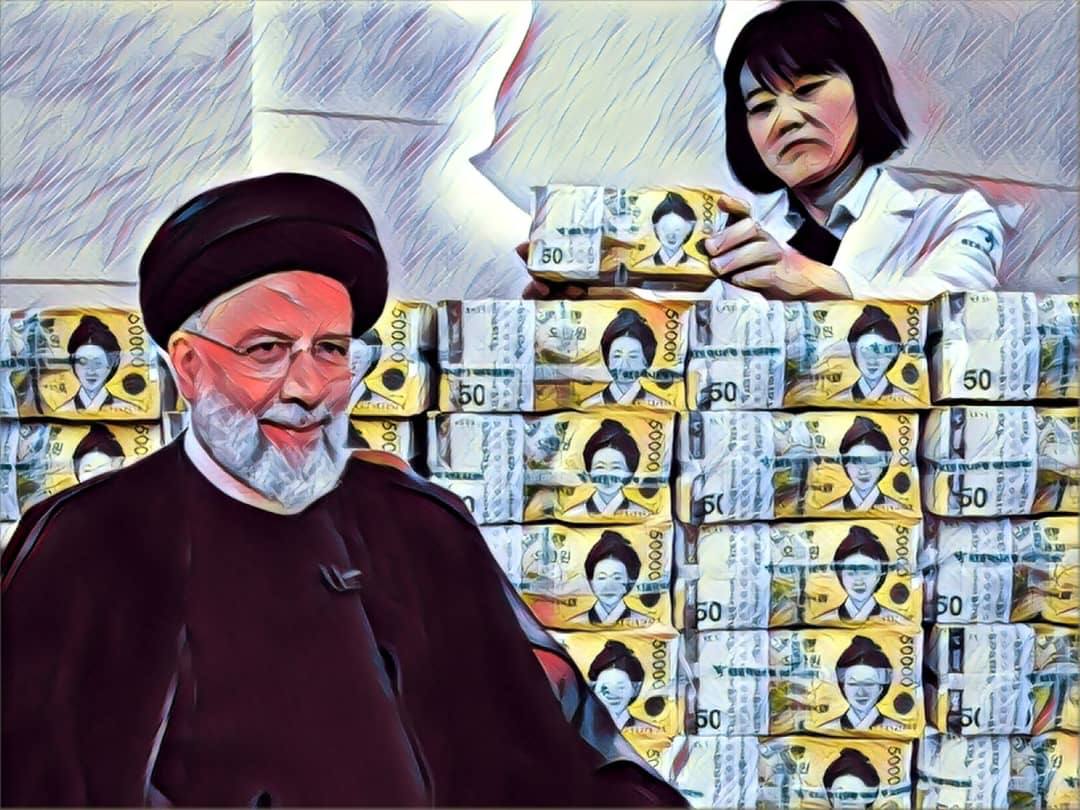Prisoner Exchange Controls Inflation
Prisoner exchange controls inflation. According to Iran Gate, economists believe that the release of Iran’s blocked funds in South Korea not only cannot control inflation but will also lead to a jump in exchange rates and the continuation of the upward trend in inflation rates. Many believe that despite this release, it will cause a short-term reduction in demand in the currency market, but after a short period, the Central Bank’s barrier against demand will break, and we will witness a sudden explosion in exchange rates.
The imminent release of Iran’s blocked resources in South Korea raises the question of whether this event can lead to controlling inflation. Will the dollar rate in Tehran’s currency market decrease? What about the prices of essential goods? Will food inflation decrease, or will there be no change in the current situation? In the present report, an attempt has been made to answer the above questions. Although, in general, experts believe the answer to all these questions is no, there are explanations that Iran Gate has examined all of them.
Whose Money Is It?
Although the details of the release of Iran’s blocked resources in South Korea are not yet clear, it is very likely that the dollar equivalent of this money will be handed over to the Qataris. As a result, Iran can import essential goods, including food and medicine, through the Qataris. Therefore, contrary to the Raisi government’s propaganda, no money will be given to the Islamic Republic, and it is practically much ado about nothing. But can this monetary development improve the people’s livelihood?
Whose Coat Is It?
In a word, the coat belongs to inflation. In truth, the whole story revolves around inflation, and the rest are nothing more than annoying and misleading details. Government and pro-Raisi media have been constantly reporting the imminent reduction of inflation as a result of the release of Iran’s resources in recent days, but this claim is not true at all. In other words, if these funds do not have an increasing effect on inflation, it is almost impossible to see their decreasing impact on inflation reports.
What Happens to the Dollar Price?
The dollar price will certainly decrease or remain stable in the short term as a result of reduced demand for currency for imports. The market has also shown that it has not been significantly affected by these developments. However, overall, it can lead to a reduction or stabilization of the exchange rate. The Central Bank may also artificially inject more currency and reduce the exchange rate further for government publicity. But at best, this reduction and stabilization cannot last more than 3 to 5 weeks.
Because the exchange rate feeds off inflation, and the reason for the increase in the dollar price in the market is the devaluation of the rial. In other words, the phrase that the dollar price increases or not is incorrect. The correct statement is that the rial loses its value against the dollar. Now, to curb the upward trend of the dollar rate, it is natural to take action to control inflation; otherwise, no lasting impact on the rising dollar rate will be observed because the stack of rial is caught in a fire fueled by inflation, and no one can control this devastating fire without extinguishing the torch.
Raisi’s Dream of Controlling Inflation
As mentioned, the release of blocked funds in South Korea will not have a reducing effect on the upward trend of inflation rates. On the other hand, events in recent years under the Raisi administration have occurred, which will make even the release of these resources have a more inflationary effect on the core of Iran’s economy.
But what is the story? At first glance, any release of resources may seem to reduce inflation, but the truth is that the Raisi government has repeatedly spent the blocked funds in South Korea in advance and has received their rial equivalent from the Central Bank. In other words, the government has repeatedly falsely announced the release of blocked resources in Korea and has forced the Central Bank to print money. That is, it has promised the Central Bank that it will provide it with the released dollars, and thus convinced the Central Bank to print money with promises.
But as we know, this money, despite the extensive promotional maneuvers of the Raisi administration, has not yet been released. Nevertheless, the government has already spent it to cover its current expenses. This destructive action by the government has caused the share of money from liquidity to increase significantly, surpassing the 25% mark, which is unprecedented in the past eleven years.
In fact, the bottom line is that the government has deceived the Central Bank in such a way that even if the blocked funds are placed in cash at the Central Bank’s disposal, we should expect an increase in inflation rates in the coming weeks. Inflation, which economists believe will break the 70% barrier this year and will be accompanied by a sharp rise in the prices of essential goods.
South Korea Unaware of Iran-U.S. Agreement
English
View this article in English

